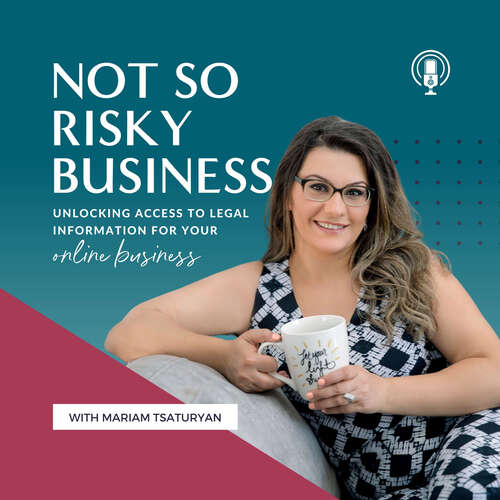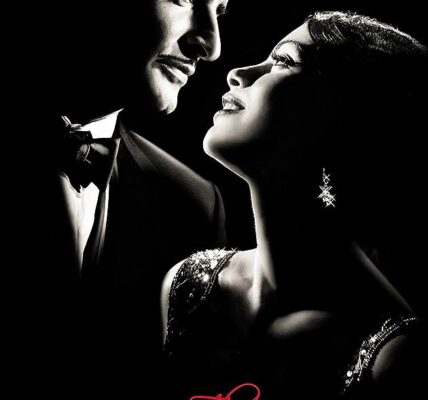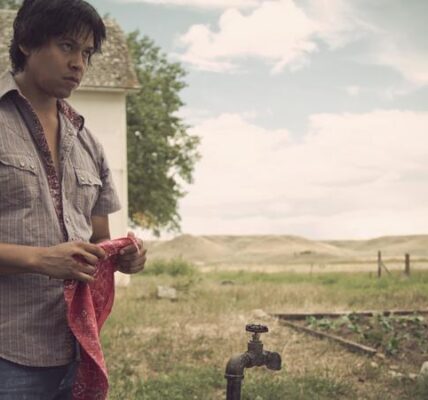Richard Price, former chair and treasurer of BAFTA, explains why backing British films need not be a financial gamble.
Richard Price’s name is perhaps not immediately familiar to people outside of the film industry, yet he is the man behind two of the biggest British films in recent years. The former chair and treasurer of BAFTA is very much from the old school of producing; a cultured gentleman who is more interested in artistic integrity than bottom lines, which is no doubt influenced by his background in television and theatre. In fact, the two films previously hinted at both began as stage productions: Mamma Mia! and the multi award winning The King’s Speech. We met with Richard in his Holland Park home to discuss his involvement with the two box-office smashes, and his approach to funding such unlikely hits.
Of course, the big question was how he first became involved with The King’s Speech. “We were involved with it for more than three years in terms of how we started,” Price explains. “I was handed this script, and we were looking at it as a stage production, because I’m involved with stage, television and film. I said to [writer] David Seidler that I liked the idea but it was too big for a stage production, so he tightened it up to eight parts, and it was a distinctly good script. Gareth Unwin, the producer, then saw it and said he wanted to do it as a film, so we agreed we would do it and I took something of a back seat on it and helped out with some contacts. I retained my interest in the script and therefore own a small chunk of the film. He got together a brilliant team of people who put the thing together very economically, and I’m amazed it cost less than ten million quid to do. This is the way films should be made and this is an ideal example of it, because of the way some studios are spending ten times that amount on a film and you think, ‘Is it really worth it?’”
As with both Mamma Mia! and The King’s Speech, Price’s involvement in film funding comes very early on in the process; his strengths are finding a project and developing it before it goes into production, at which point he hands it over to other investors. He is currently working again with producer Gareth Unwin. “We have three projects we are working on at the moment,” Price reveals. “The immediate one is The Lady Who Went Too Far, which is the story of England’s first woman explorer in 1810 to 1815. She went out to the Middle East, and what she got up to is quite incredible. David Seidler is writing it for us, and I helped put the development money together. It’s going to be quite a big one and we’ll be looking for between 50 to 70 per cent more than The King’s Speech. Putting the development for the new one was a hell of a sight easier, because of The King’s Speech, and we had people interested very quickly.”
Price also reveals that he goes to private investors for funding, rather than being tied into studio money. “I have certain involvements with EIS [Enterprise Investment Scheme] funds in the City, and most of that money is going into television and not film, but I hope what we are going to be doing over the next six months to a year is to have a separate EIS fund for feature-film work, and that will allow me to put in 25 per cent to 30 per cent of production costs.”
Investing in the performing arts, whether theatre or cinema, is a risky business, despite the apparent glamour and some of the massive sums of money bandied about. How does one decide where to put the money and feel secure it will actually make a return on the investment, or is supporting the arts not really about making money?
“I’ve tried to look for things that have some facet that the general public can latch onto, such as Mamma Mia!” Price explains of his success. “I agreed to back it as an original production because I realised Abba were a worldwide success and were a known entity. With The King’s Speech it was the great love of the Royal Family. People would attach themselves to that. If you can’t find a facet in the story, then find a star who will bring the people into the auditorium, into the cinema. It’s part intuition, part finding that formula that people can anchor their enthusiasm to, and then knowing who has got the volume of money that you need. It’s very rare that you will get the money from one source. I tend not to want to put all the money into the development of a project because it is a bit risky. It’s about choosing the partners you know and like and want to work with, and who understand what you want to do, and that’s an important part of getting to your finance. I prefer to work with people who understand the film industry, and not people who are taking a potshot at getting rich—well, not very rich—out of a show, like I did. But it is an awful lot of luck.”














